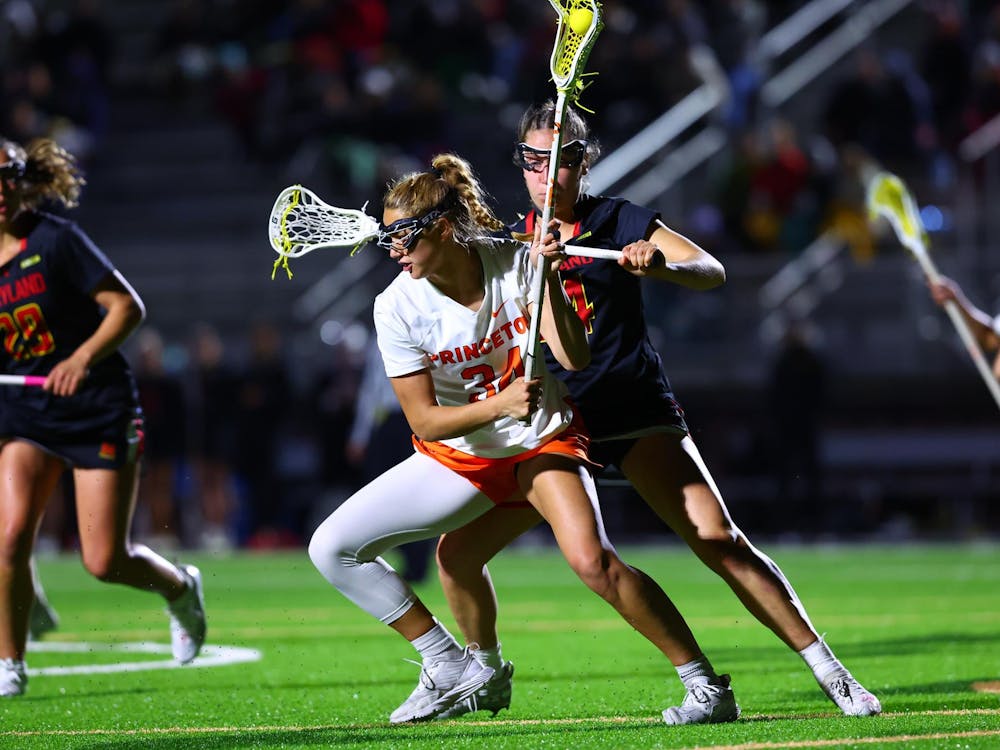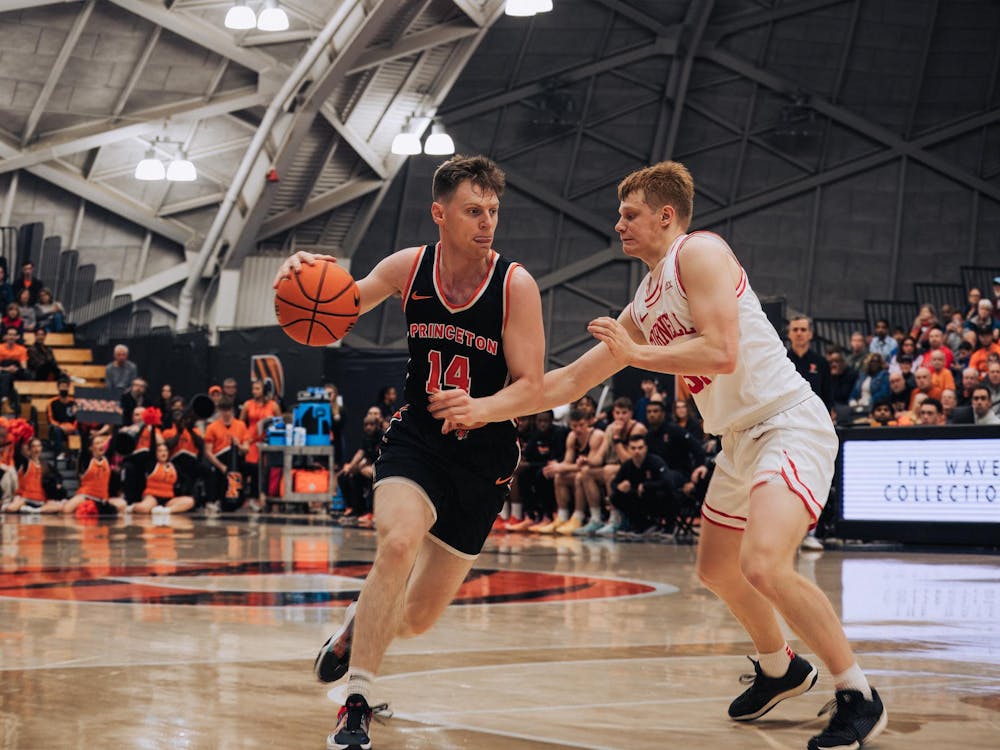Nearly forty years ago, anthropology was forced to reckon with its colonial past and present in a period of upheaval that nearly ended the discipline as we know it. Concerns ranged from the role of anthropologists in imperial expeditions and colonial governing efforts, to the intellectual conclusions that talked of “primitive” peoples and human development. With the goal of reimagining the discipline beyond its colonial origins, decolonizing anthropology sought to undo the complex legacies of colonialism. What it precisely means to decolonize remains a hotly debated topic, even as it is an unfolding process that has taken multiple pathways, from active efforts to include the voices of people historically underrepresented in the discipline, to anthropologists calling on academia as a whole to be more actively engaged in addressing the larger political forces that prop up the elite institutions where many of us work and study.
Not surprisingly, many of the same concerns about the decolonization of anthropology were concerns around the academy as a whole. While one of the more benign of imperial institutions, universities have, and continue to be, training grounds for privilege and were some of the last places to resist gender and racial integration. But, in 2017, the situation is more complex. Universities like Princeton openly embrace integration and champion diversity as a value, a process that has not challenged or chipped away at these institutions’ prestige, but in many ways has strengthened it.
This is not to say that diversity on its own is a bad thing or a tool of the oppressor. The presence of women, marginalized racial and ethnic communities, disabled students, and others not traditionally included in academia has been a positive, but it has also revealed the limitations of diversity as a method of decolonization. Responding to this tension, some have argued that universities have simply failed to pursue diversity far enough, that the concessions they have made have been convenient and easy. Though I’m persuaded at times by this sentiment, underlying it is a belief that academia shares the same burden, that differences do not exist between institutions. But the reality is that the benefits and privilege students experience at Princeton, even the most marginalized of students, is directly connected to the disadvantage and continued financial strain faced by public institutions.
Put as an example, I’m fairly confident Princeton University could admit an entering class that was at racial parity with the rest of the U.S. population while still ensuring the average family income at the institution was in the top one percent. I think it could even do so if it made sure 50 percent of that entering class was low-income. And unlike state institutions, which are increasingly under scrutiny for affirmative action admissions standards, Princeton could do this openly and be celebrated for it — it might even result in more donations to the university. In fact, over the past 20 years, this is precisely what has happened, with Ivy League schools like Princeton and Harvard designing their admissions and financial aid programs to ensure that if you are admitted, few material obstacles can stand in your way.
While this system is imperfect, it remains in sharp contrast to the public higher education landscape (where I came out of), which has seen drastic cuts to funding and significant increases in tuition. In a strange twist of fate, underrepresented students are financially more incentivized to attend Princeton than the University of Texas-Austin, a dramatic shift from when I was applying to college. At the same time, Princeton’s alumni networks and its ubiquitous presence in institutions of power, from finance to politics, means Princeton undergrads have much better access to upward mobility than their public education counterparts. This reality deserves critical unpacking, since it reveals how the upward transfers of wealth we’ve witnessed over the past 40 years have trickled into elite institutions, benefiting a small number of students from marginalized and non-marginalized backgrounds at the expense of many others.
I raise this point to ask a deeper question. How do we decolonize an Ivy League institution? This question should remain open ended as no official roadmap exists, but in attempting to answer this question we should be cautious of the solutions we endorse. Princeton does not sit alone in the world; it exists alongside other institutions of higher education that have seen their resources drained as Princeton’s have expanded. Coming to terms with the privileged position Princeton endows to all its students and faculty is not only an exercise in personal self-discovery, it can help to refine what we mean by decolonization, and help us accept the limits of the strategies we endorse. Like in anthropology, it will ultimately be an unfolding process that will both resolve contradictions just as much as it produces them, forcing us to humble ourselves to the possibility that what is #woke now might not be all that #woke tomorrow.
Brandon Hunter is a second year graduate student in the Department of Anthropology from Washington, D.C. He can be reached at bh11@princeton.edu.








